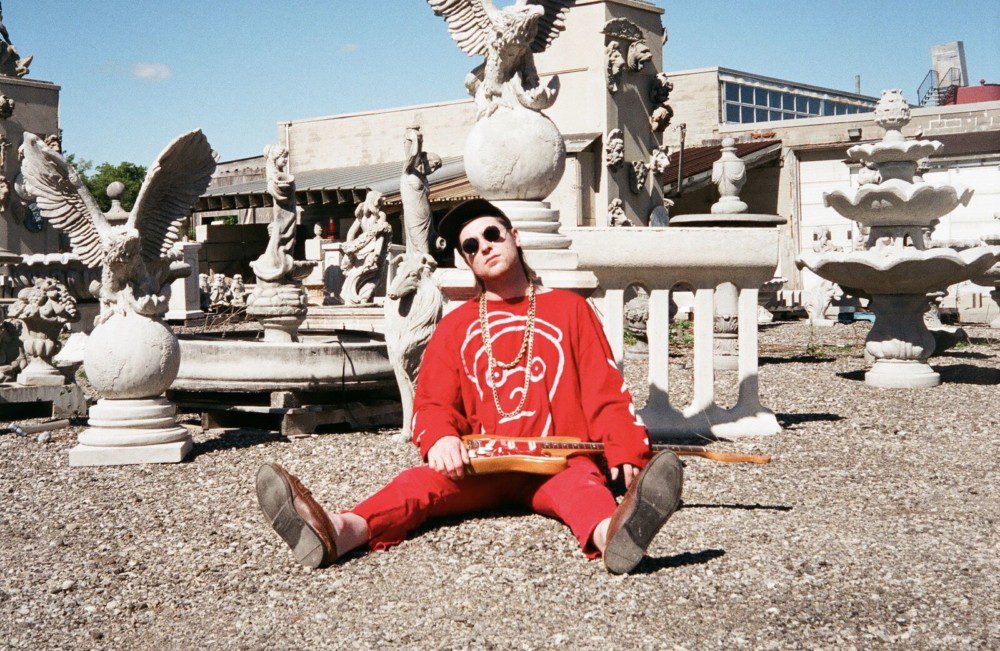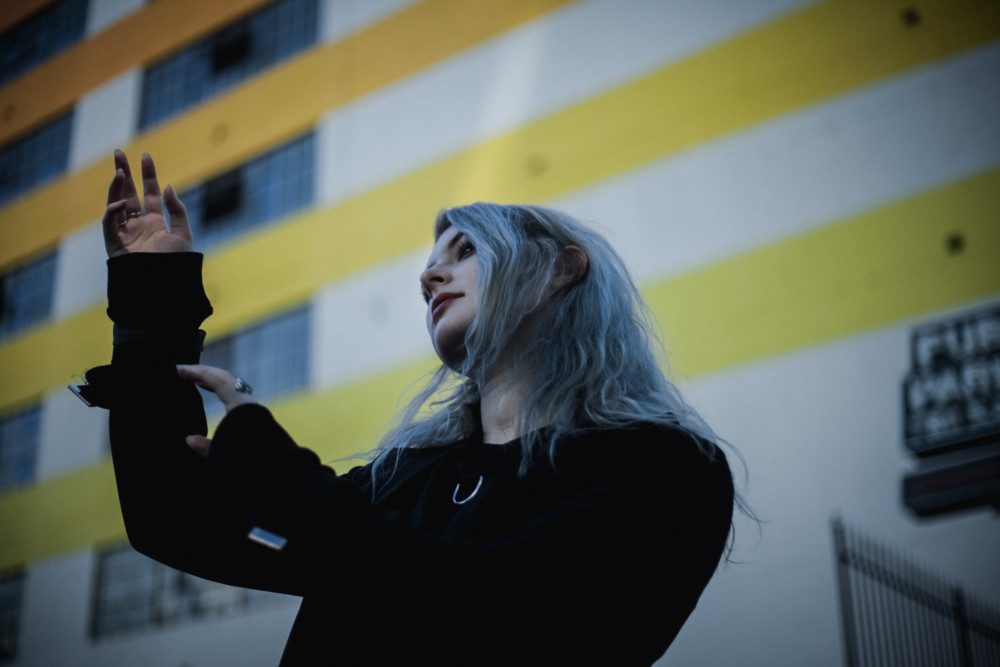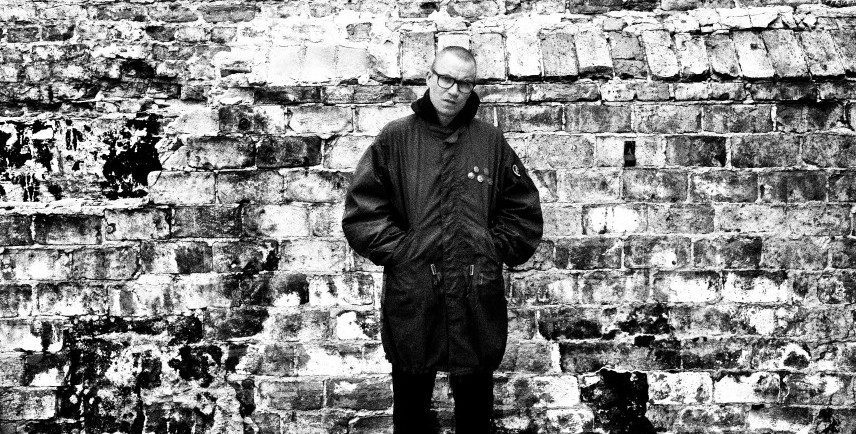Ayelle Discusses NOMAD Mixtape and Shares “Overtime” Single
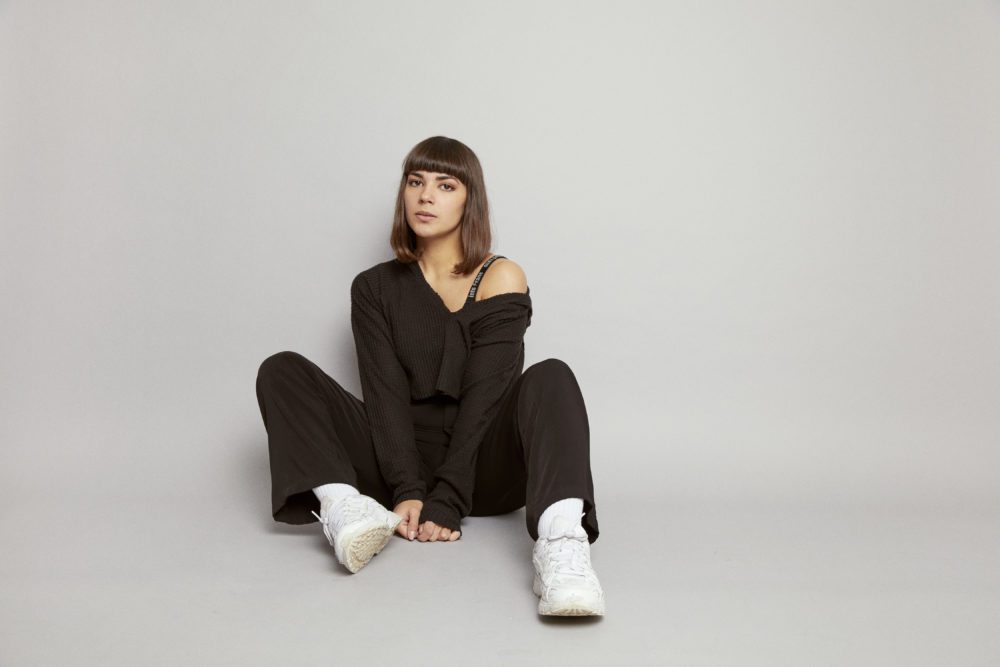

On an overcast drizzling Friday morning, I gave independent R&B pop chanteuse Ayelle an audio call on zoom, a tool we’ve come to know all too well during an era of social distancing. We discovered we were only a few blocks away from each other, and connected over the daydream that in another reality we could have met up at an actual coffee shop. The Swedish-Iranian Ayelle recently moved to New York, the perfect scene for passionate, nomadic storytellers. “Throughout, my life I’ve never felt fully rooted anywhere,” Ayelle admits. “On my dad’s side my family comes from a nomadic tribe called Qashqai and this resonates with me a lot as I can never seem to stay in one place for too long.”
Known for her bittersweet, emotive vocals and compelling, vulnerable lyrics, Ayelle draws inspiration from her own life experiences, exploring a range of topics such as self-worth, power dynamics within relationships, and challenging the status quo. She recently released “Overtime,” the latest single from her NOMAD mixtape (out May 15th), a collection of songs written over the past two years whilst traveling every two to three weeks between places like London, New York, Los Angeles, Texas, Valencia, Barcelona, Bali, Cambodia, Vietnam, Stockholm, and Amsterdam. “Every song on this mixtape represents a part of that journey and something I’ve learnt about myself, or something I’m still trying to figure out,” she explains.
From an industry perspective, Ayelle is one to watch. With over 500,000 monthly listeners on Spotify alone, she’s garnered support from Billboard, Pitchfork, Complex, BBC 1Xtra – the list goes on.
In an era of media streaming and the hype of chasing stats and reposts, it’s easy to lose track of an artist even being human, let alone having a backstory. Ayelle’s sonic range, unique beauty, and universal cool echoes an uncanny resemblance to the iconic Lil Miquela (a computed-generated Instagram influencer). Luckily, the mystical Ayelle remains the furthest thing from an avatar.
Growing up in Sweden with her conservative father and stepmother, Ayelle didn’t fit into the Swedish archetype of beauty. In her predominantly white suburb, she suffered from social isolation and experienced backlash with opposition to her father’s vision and hopes she’d take a more conventional path. Musical guidance and support first came from her music teacher Ted Krotkiewski, who began nurturing her original writing. During every break at school, he would mentor Ayelle through lessons in songwriting and vocal technique. Her first studio experience was recording a demo in his classroom, as part of her alternative project-based education. At fourteen, when Ayelle went to live with her more progressive mother full time in Valencia, Spain, she brought this demo with her.
Like many ambitiously musical children, Ayelle craved a lifestyle of freedom to grow and make mistakes, without the backlash of criticism from a conservative household. Her creative life blossomed and expanded under the guidance of her supportive mother, a professional fortune teller, which never seemed out of the ordinary to Ayelle. “I just thought it was cool,” she remembers. “I’ve just grown up with her always reading me my tarot cards. I’ve always believed in it. It’s always made sense. It’s always been this guiding light in my life whenever I had a doubt or didn’t know if I was on the right path. I could turn to her and the cards and get some clarity.” Ayelle would eventually discover her own unique practice of spiritual mindfulness.
As a teenager in Valencia, Ayelle stumbled upon some of the only people making R&B, like producer SammySuprm. She became mentored by these producers through lessons in Cubase, an accessible audio production DAW for beginner producers. This led her to enroll in Creative Musicianship, a four year program at the British Institute of Modern Music. Although given the opportunity to find her own sound through sonic experimentation, she also experienced a wall of deep depression. “I was in a really dark place, and it wasn’t until then that I read the book The Power of Now, which my mom had been recommending I read for years,” she remembers. “That book just flipped everything – it was like a switch, and the first time I was able to quiet my mind and not have any thoughts. The relief was so huge it was like a opened a portal inside of me.”
In her early adulthood Ayelle turned to a practice of meditation, harnessed with magical thinking, to create a mindset that would enable her to block out frustrations. She gained clarity, differentiating her authentic self from negative responses to past trauma. Ayelle built a fortress to protect and cultivate her creativity, and discover her true voice. “There’s a little voice in your head that’s constantly talking. You think that that’s you. Whatever that voice says, you identify with and you think that it’s your inner monologue,” Ayelle points out. “Actually, you’re the person that’s choosing to listen to that voice. How can you be that voice, if you’re listening to that voice? There’s a duality going on within you – that little voice is programmed by everything you’ve experienced in the past and projected. You don’t have to take everything seriously that it says. Just observe it, and if it’s negative just realize it’s not you – it’s regurgitated information.”
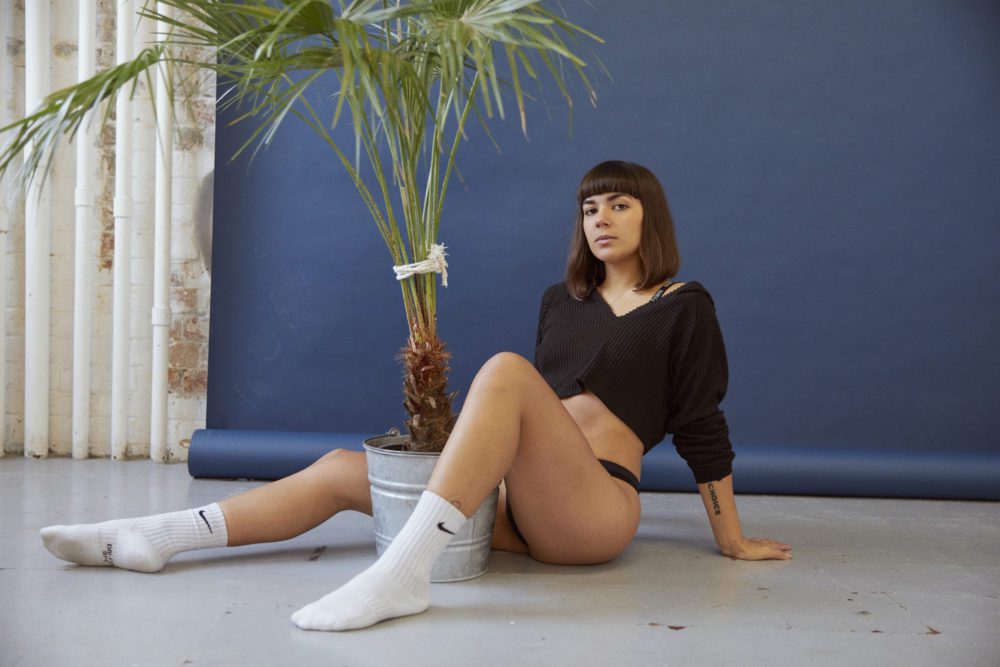
In London she was exposed to and inspired by exciting new left field experimental genres of pop music, and began collaborating with London-based producers. Building industry contacts through self-releasing music on the internet, Ayelle slowly built momentum, and a professional team. “Whenever people tell me the industry works a certain way, I let it go in one ear and out the other. I decide how I want the industry to work instead,” she explains.
Listening to Ayelle’s recordings, there’s a prevalence of the perfection of Swedish pop influence. As a developing writer, revisiting her homeland through writing camps enabled her to discover a deep appreciation and respect for the legacy of her heritage, and fundamental foundation of her music. You can hear the reclaiming of her Swedish sound through effortlessly smooth tracks and iconic hooks on tracks like “Overtime” and “Choice.”
“I wrote ‘Choice’ with one of my favorite people – and London collaborator – Rationale,” she says. “When two broken people start falling for each other, a lot of old fears can start resurfacing, and you have a choice of whether to go through the fear or avoid it. That’s a choice we’re all entitled to, and even though it hurts when someone decides not to take the risk of allowing themselves to fully fall for you, that’s still their choice and no one else’s.”
Ayelle is a feminist, both with her own artistic agency and a collaborative vision for the next wave of independent female artists. She strives to actively flip the narrative, and shift from cut-throat competitiveness to an open, optimistic, and inclusive vision of success. “Celebrating other artist’s successes doesn’t take away from one’s own power,” she says, agreeing that there’s still a long way to go to achieve gender equality in the industry, especially when it comes to music production.
“The best we can do is to try and break the mold by lifting more women up, by offering opportunities whenever we can and shift the narrative,” she says. “I believe that if all of us start to create our own reality, to believe in ourselves, it will change. You have to believe in something to be able to do it, even if it seems impossible. I believe that it can become a reality. That’s how I’ve shaped my career.”
Follow Ayelle on Facebook for ongoing updates.

